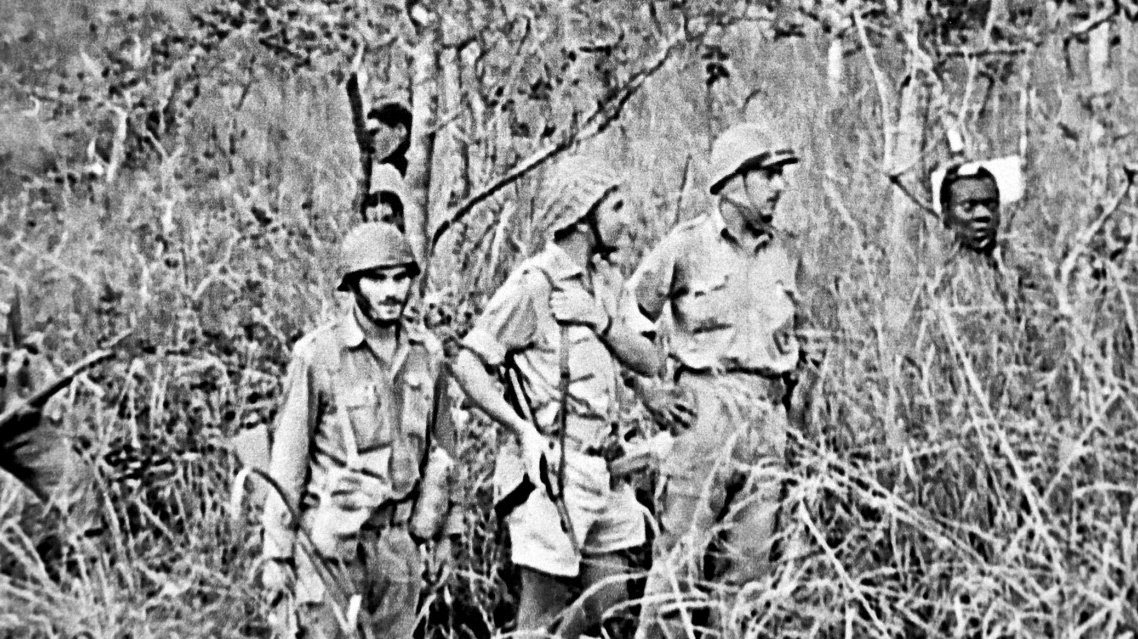
The director and playwright Ricardo Correia presents this month the play “Cartas da Guerra (61-74)”, in Estarreja, Tondela and Coimbra, in a show that addresses the Colonial War from the letters of ex-combatants and the silences maintained.
Ricardo Correia’s father exchanged airgrams daily with his wife during his time deployed in Guinea-Bissaubetween 1972 and 1974, after having decided to burn everything after returning from the war, the director told the Lusa agency.
In “Cartas da Guerra (61-74)”, Ricardo Correia starts from this autobiographical place, writing “on the ashes” of the correspondence exchanged between his parents, and also gives voice to other testimonies, supported by the filmmaker’s research on documentaries. Joana Pontes and her book “Sinais de Vida”, about correspondence during the Colonial War.
In the program, in addition to the testimonies of ex-combatants and the correspondence exchanged with relatives, there are also references to Homer’s “Odyssey” and a resource to ChatGPT, an artificial intelligence tool that works like a ‘chatbot’.
The work premieres on the 25th at the Estarrej Cineteatroa, will be on the 27th at ACERT, in Tondela, and from the 30th to the 31st at the Teatro Académico de Gil Vicente (TAGV), Coimbra, all entities associated with the co-production of the show.
“My father had a little bag where he kept some files, like letters and photos from the time he was mobilized, and there was a mystery to me. In our house, very little was said about the war, so important for his generation, but it was not shared, even silenced, by choice, in some cases”, he pointed out.
Without access to the airgrams that are exchanged daily between his parents, Ricardo Correia wrote from “the ashes”, “from what does not exist, what was not said and what was erased”.
The entire show, despite resorting to real documents, facts and testimonies, turns out to be an exercise in imagination and fiction, which seeks to fill the silences left behind.
“There is a silence and I try to occupy that silence. The piece is almost like a detective looking for the words that were exchanged, the feelings that were experienced. We imagine some letters, others are factual”, stressed Ricardo Correia.
In the middle of the writing process, given the media coverage of ChatGPT, the creator ended up resorting to this artificial intelligence tool, using a recorded conversation with the program’s ‘chatbot’, which ended up contaminating fiction, turning ChatGPT into a “humanoid figure”. ”.
In all places where the show will be presented, ex-combatants will be invited to read letters or give their testimony on stage, at one point in the play.
In addition to the dates in Estarreja, Tondela and Coimbra, the work will also be presented on April 14, in Santarém.
Source: Observadora